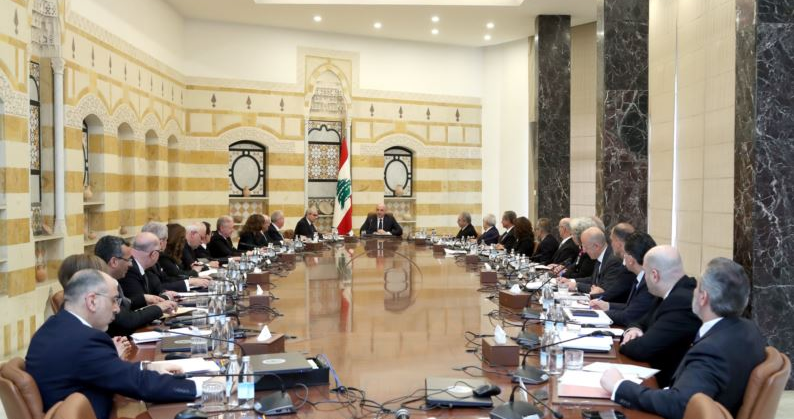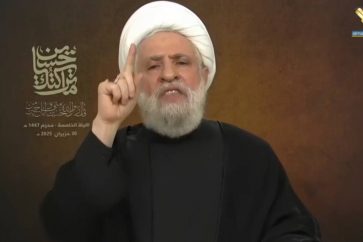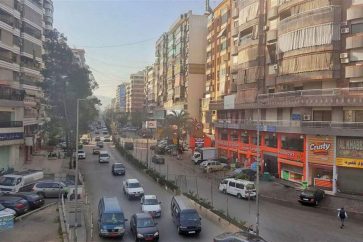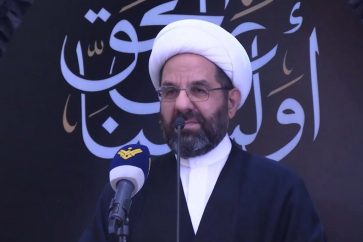The new Lebanese government held on Tuesday its first session at Baabda Palace after a meeting between President Joseph Aoun, House Speaker Nabih Berri and Prime Minister Nawaf Salam.
President of the Republic, Joseph Aoun, who chaired the session, emphasized that Lebanon was not bankrupt but was suffering from “failed management,” urging reforms to revive the country.
“If Lebanon were bankrupt, it must rise through reforms, which we, as ministers and the government, will work tirelessly to implement. Lebanon, as a state, must protect all its sectors and institutions,” Aoun said.
The President then stressed the importance of loyalty solely to the state, clarifying that ministers are there to serve the people, not the other way around.
“Our focus will be on reforming and developing ministries, with the significant international support we’ve received. The opportunities are available to seize this support once the necessary reforms are carried out,” Aoun added.
The President went on to underscore that “forming a government was not enough; restoring trust is essential through actions such as fighting corruption, making key appointments, and addressing pressing issues.” He highlighted the need to tackle urgent matters, including the national budget, municipal elections, and the implementation of Resolution 1701. Aoun also called for Israel’s withdrawal by February 18, despite ongoing challenges.
Furthermore, the President urged the government to refrain from criticizing friendly and brotherly nations, stressing that Lebanon should not be used as a platform for such criticism.
Minister of Information, Paul Morcos, on Tuesday announced the decisions of the cabinet session, stating that President Joseph Aoun urged new ministers to prioritize national interests and focus on governmental reforms with international support.
Morcos then confirmed the formation of a ministerial committee to draft the government’s policy statement. Led by Prime Minister Nawaf Salam, the five-member committee includes Yassine Jaber, Tarek Mitri, Ghassan Salameh, Fayez Rasamny, and Joe Issa El-Khoury.

Source: NNA




